Edwin Gordon, researcher/music professor/author/lecturer, taught there’s no period so critical to the development of the musical child than birth-5 years of age. “A child’s musical experiences from birth to age five have a particularly profound impact on the extent to which she will be able to understand, appreciate, and achieve in music as an adult. Children must be exposed to a rich variety of music during these years in order to develop the necessary readiness for formal music learning when they are older.” https://giml.org/mlt/earlychildhood/ While Gordon had thoughts on music aptitude, he never claimed learning to sing or play an instrument in adulthood was unrealistic, unachievable, not encouraged, or not beneficial.
As music educators, we often hear adults describing their lack of talent as some contorted genetic description of not being “given the gift.” I would equate the subsequent teacher’s reaction to the known meme of Batman slapping Robin, responding with something to this effect:
For years, neurologists spent much time researching how the brain learns on this cellular level, but they ignored the insulation that helps explain how people learn complex skills: Myelin.
“Every human skill, whether it’s playing baseball or playing Bach, is created by chains of nerve fibers carrying a tiny electrical impulse - basically, a signal traveling through a circuit. Myelin’s vital role is to wrap those nerve fibers the same way that rubber insulation wraps a copper wire, making the signal stronger and faster by preventing the electrical impulses from leaking out. When we fire our circuits in the right way - when we practice swinging that bat or playing that note - our myelin responds by wrapping layers of insulation around that neural circuit, each new layer adding a bit of more skill and speed. The thicker the myelin gets, the better it insulates, and the faster and more accurate our movements and thoughts become.” (pg. 5, The Talent Code by Daniel Coyle)
Many refer to this process in error as “muscle memory.” Your muscles do not not have memory - it’s brain circuits, connecting at exactly the right moment. As Daniel Coyle describes, myelin functions through some primary principles (pg. 44-45):
- “The firing of the circuit is paramount.” People cannot wish or will circuits to create myelin. It takes work and repetition.
- “Myelin is universal.” It doesn’t discriminate whether you’re building it for dodgeball or learning piano, and it doesn’t care about your genetic dispositions. “Circuits that fire get insulated… myelin doesn’t care who you are - it cares what you do.”
- “Myelin wraps - it doesn’t unwrap.” Once it’s learned, it’s learned, which includes poor habits and explains why they are so difficult to overcome (one must build new behaviors to override them, like a software update). Certain diseases and aging (if left unattended) can destroy the myelin layers, but otherwise myelin is there to the end!
- “Age matters.” We all know the older and longer one waits to acquire skills that the process becomes more challenging and requires more time to achieve. We can still build myelin, but children will always learn faster.
What is also intriguingly fascinating as it is frustrating, is when music educators succumb to the retort of people saying (on repeat) that they or their child plays by ear. Is that truly worth boasting? That equates to announcing great speaking/speech skills with no fluency in reading and writing - a mere one-third of the entire communication spectrum. Playing by ear, while it may contribute to an emotional connection in practice and performance (nothing to dismiss), only allows a portion of the brain to be activated upon ignition compared to those who are musically literate.
We know through vast amounts of research that the study of music is the ONLY activity that activates not only both hemispheres of the brain, but it lights up all four lobes of the brain and nearly every subsystem like it’s the Fourth of July! Every time a musician reads music, ignites the circuits to form muscles, modifies practicing, and creates or performs music, the brain does pushups and becomes SMARTER! The message here is not to give up if you are a play by ear person, but rather to pursue a fuller comprehension and apply previously learned information to new circuitry… BECAUSE YOU CAN!
While childhood is the prime target for nurturing aptitude as Gordon describes below, it is not beyond our scope of ability at any age. I do, however, strongly recommend a wide variety of informal exposure (absorption) to assist in creating easier processing. Start with acculturation teaching yourself or your own child, then work your way down the chart with the end goal being assimilation (sound before sight). Just as we hear speech in infancy to learn how to speak, children must hear a variety of patterns in rhythm and pitch before having a primer or library from which to choose as well. When provided an adequate toolbox, learning to read then becomes a matching game like Old Maid, where we make connections to previously learned rhythm patterns and pitches.
1. Talent is not born in us, nor is the acquisition of music ability dependent upon a genetic code.
2. “Skill is insulation that wraps neural circuits and grows according to certain signals.” (The Talent Code, Coyle)
3. Myelin can be built at ANY age, but the earlier the better.
4. It is never too late to learn to read or play music.
5. The study of music makes your brain stronger and smarter; however, mistakes and failures are part of the myelin building process - don’t let perfect get in the way of the good.
So go on, get smarter - put down your phone and make the time because your brain is ready for anything!

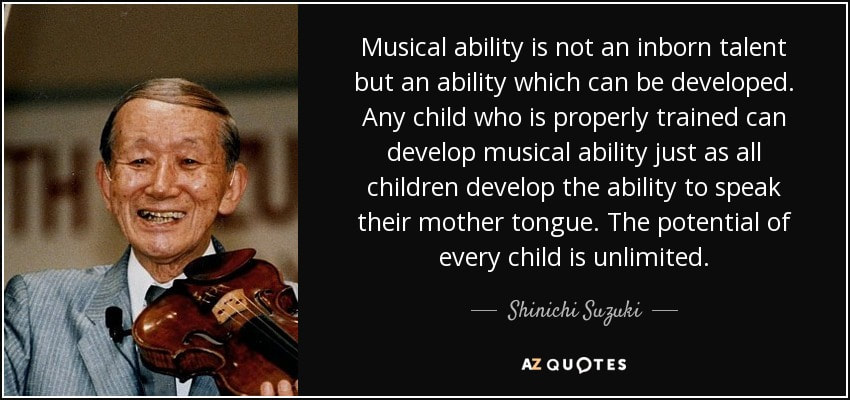
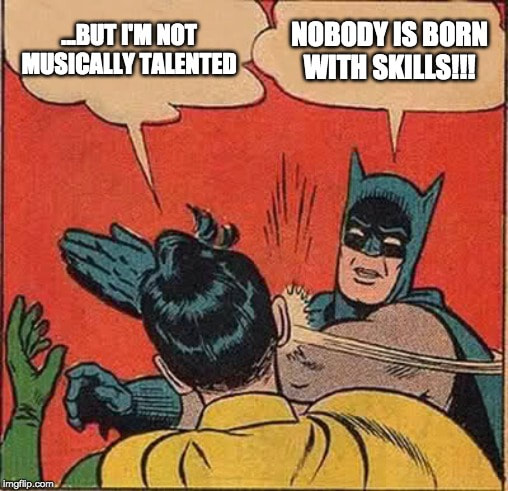
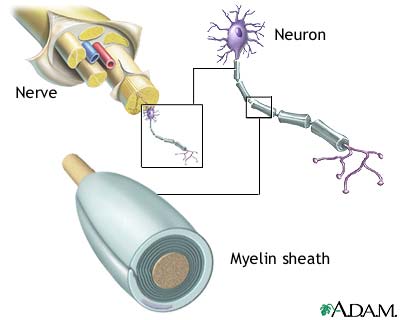

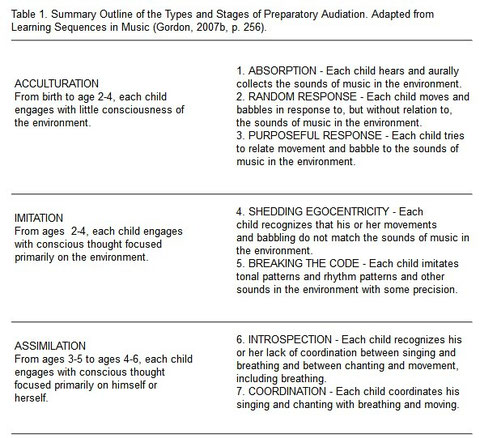
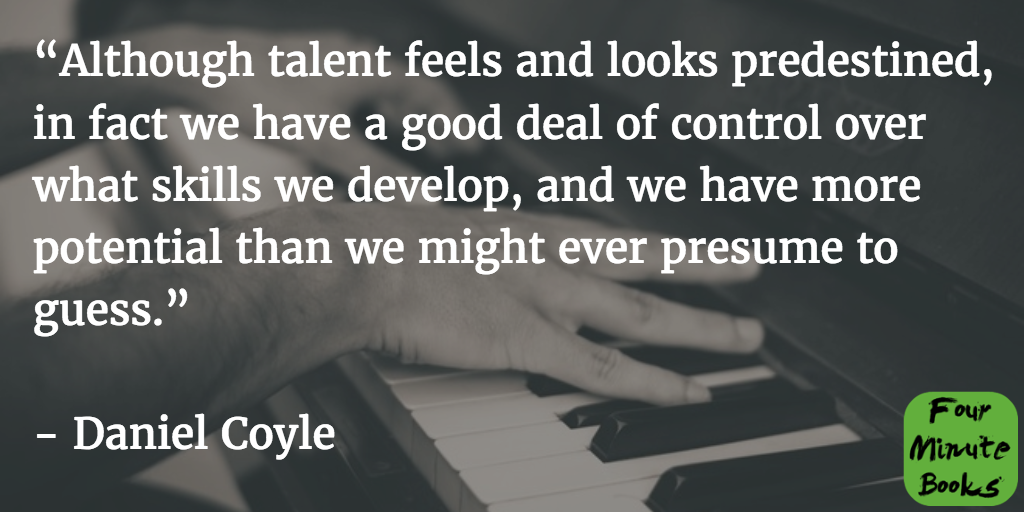
 RSS Feed
RSS Feed